 |
| October 23, 2020 |
Dear Reader,
According to time dilation, the faster you travel, the slower time runs. But what if we introduce quantum theory into the problem? In a new study, scientists imagine measuring a quantum atomic clock experiencing two different times while it is placed in superposition—a quirk of quantum mechanics in which something appears to exist in two places at once. Check out today's lead story to learn more about this experiment. Next, we recap the climate change portion of yesterday's presidential debate. It included brief discussions about environmental racism, the effects of manufacturing wind turbines and the plight of frontline communities in polluted areas. And lastly, a heavily-armored beetle could inspire engineers to create more durable designs. |
| | Sunya Bhutta, Senior Editor, Audience Engagement
@sunyaaa | |
 |
| |
| |
| |
| |
| |
| |
| |
FROM THE STORE
 | | Playing Politics: The Science of Elections Politics makes strange bedfellows, and that becomes even more apparent when trying to analyze the science of politics. Pulling from an array of disciplines, including social science, behavioral science and mathematics, this eBook analyzes key factors in the process of electing a leader. |  | | |
| |
| |
LATEST ISSUES
 |
| |
| Questions? Comments?  | |
| Download the Scientific American App |
| |
| |



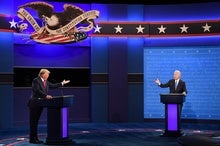
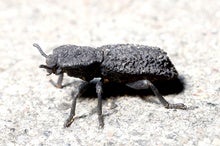

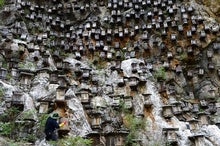

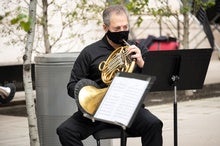
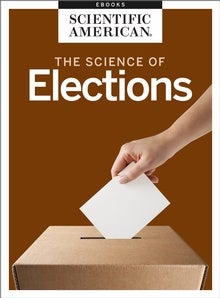



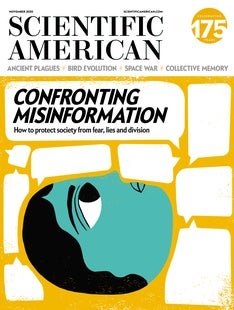

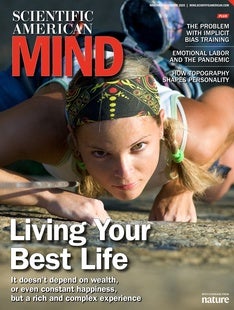
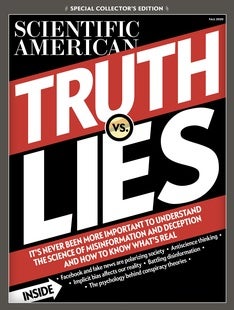
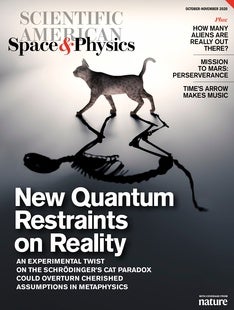



Comments
Post a Comment